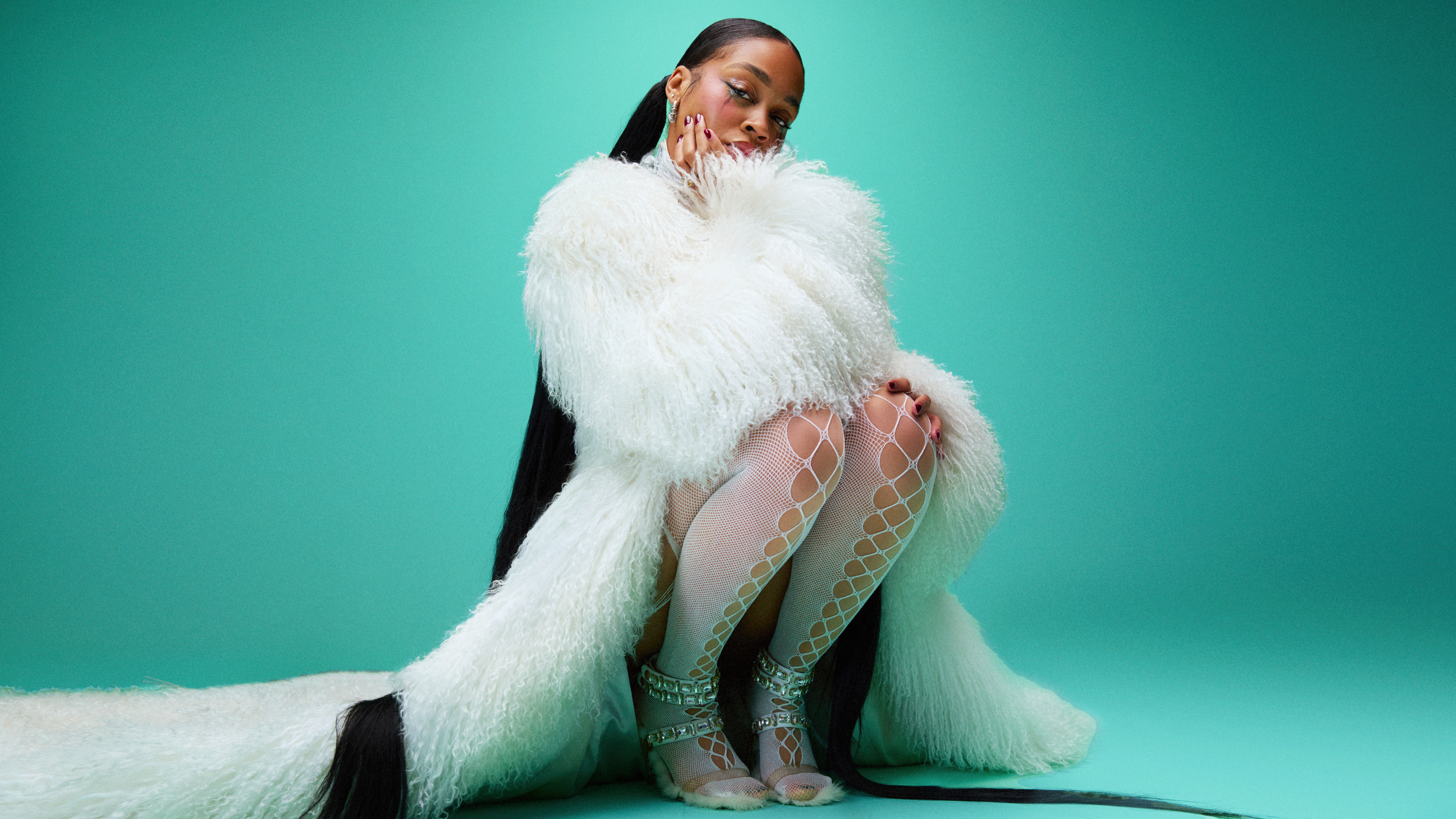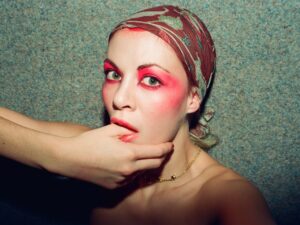That could easily turn into a self-fulfilling prophecy – women questioning if they can really balance everything just because movies suggest they can’t. But in recent years, we’ve seen more films with older women in lead roles. Do you see this as lasting progress, or just a passing trend?
There have been improvements, both in terms of age and body size representation. My colleague Julia Jäger recently told me, “Gesine, you won’t believe it, but for the first time in 12 years, I’m starring in a romantic film where the requirement was to be at least 50 and a size 42 or up.” She said it wouldn’t have been possible without our campaign. So things are changing, but there’s no switch we can just flip.
It’s more about a long-term re-education of viewing habits.
Exactly. We need to unlearn the perspective that we have been taught by a patriarchal system. I want to provide a guide for that. The first step is becoming aware of the problem because nothing is worse than unconscious processes. I also played along with the patriarchal game for a long time—after all, I had to pay my rent. But I always tried to make small adjustments with every role I took on. I’m not alone in this. Many of my female colleagues have tried to break through clichés and stereotypes—sometimes more successfully, sometimes less. But the best thing our campaign has achieved is that we have all come together and are now openly talking about it.
Recently, a photo was circulating online of a meeting between Angelina Jolie, Demi Moore, Zendaya, Zoe Saldaña, Mikey Madison, and Tilda Swinton. I found it interesting to see them all together. Over the years, they had probably walked the same red carpets at hundreds of events, but that day, they came together for the first time to really talk.
It’s no different in Germany. Female alliances are not welcome in a patriarchal system. Division is also a patriarchal tool to maintain power. Women are pushed into competition with each other. Even in films, they are often made to fight one another. On the set of The Last Witness, a series I acted in, I once said to the dramaturge: “If you can’t think of anything better for these two female characters than to make them fight over a man and bicker, then I’m out.” I even had it put in writing. That’s what I mean by the small battles that every actress has fought throughout her career. Today, women are taken seriously for this instead of being laughed at on set. Ten years ago, I wouldn’t have been able to write my book. Or I could have written it, but it would have caused an uproar.
It probably wouldn’t have fallen on fertile ground. There needs to be a certain level of awareness for these issues so that they can be discussed productively. To end our conversation on the topic of cars: Does driving also mean independence to you, especially as a woman?
Yes, it does. I got my driver’s license early so that I could go wherever I wanted at any time. Driving means freedom to me. But of course, I also struggle with the issue of climate change. No one with children can be indifferent to that. That’s why I think the developments in e-mobility are great, and I’ve been driving a hybrid for many years—always electric in the city. We need to invest in this and make it accessible to everyone. I like Opel’s approach of focusing on the essentials and offering affordable solutions. Opel is a brand that thinks from the perspective of people, not just from the perspective of cars.
Final question: How would you describe your driving style?
Very safe, but not slow.







